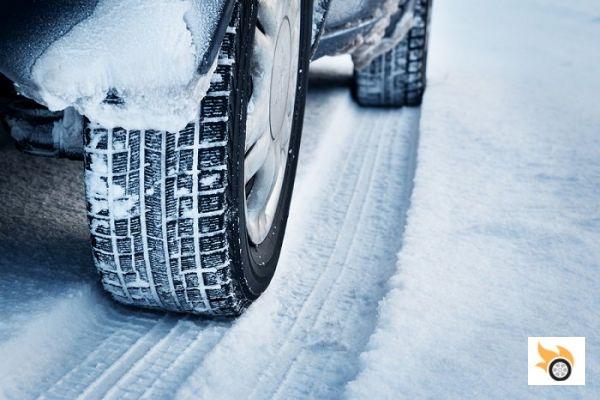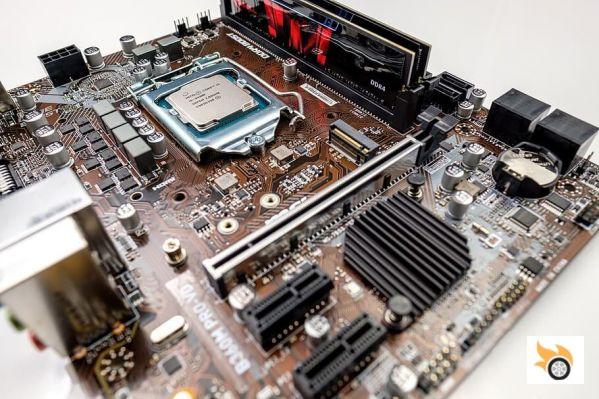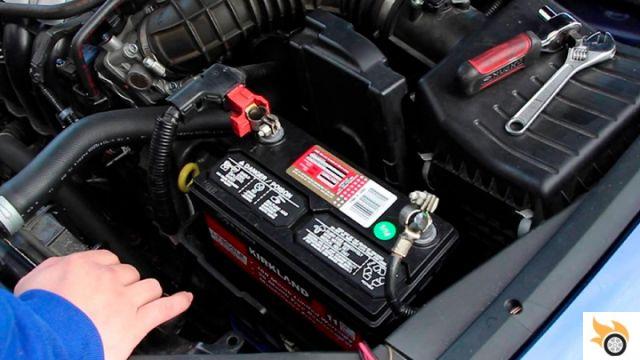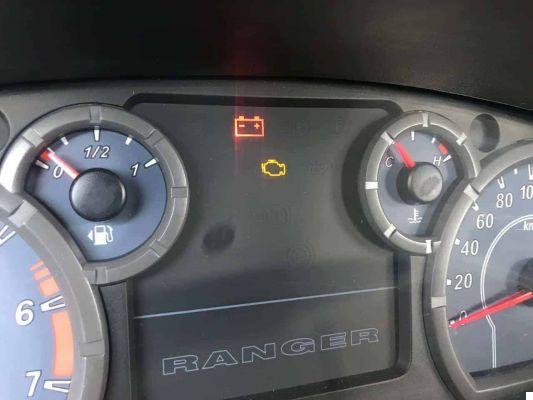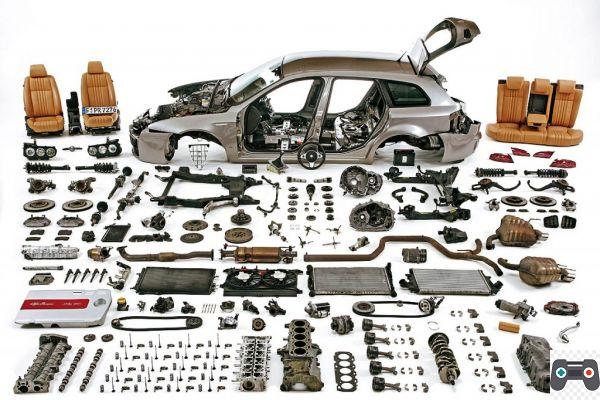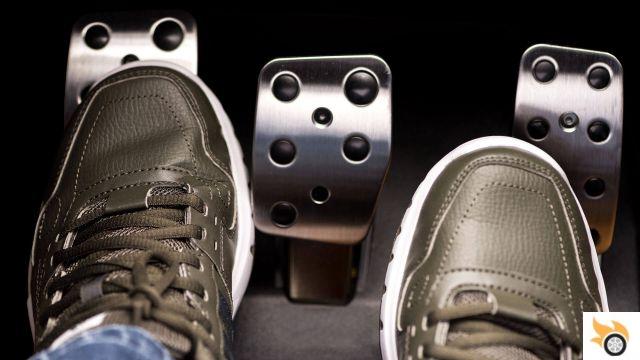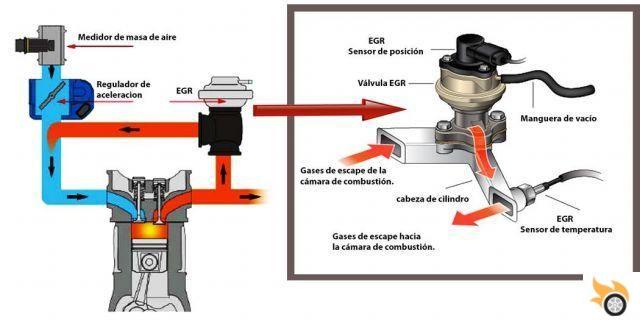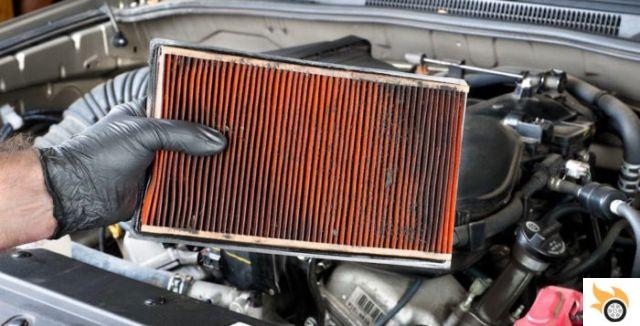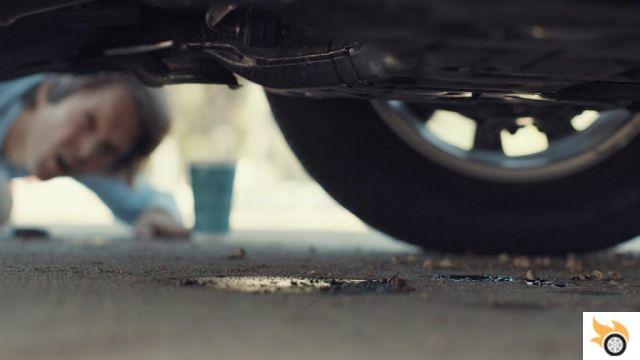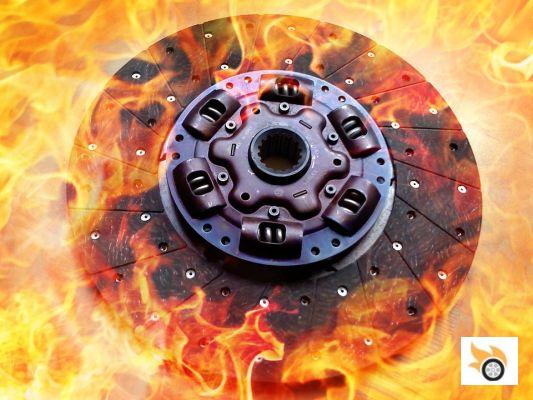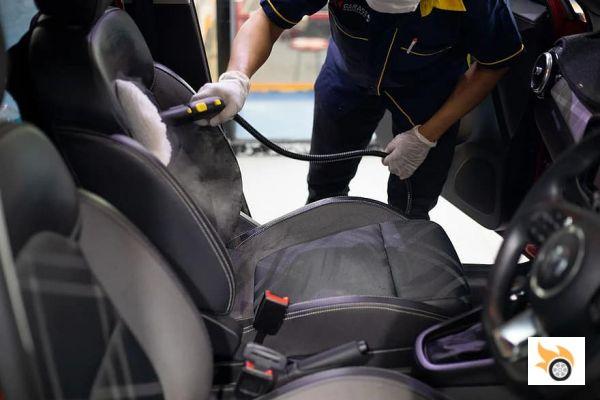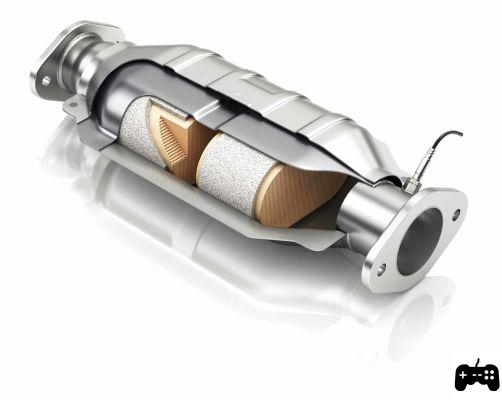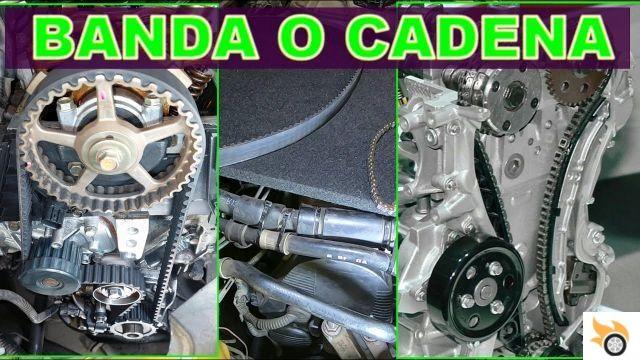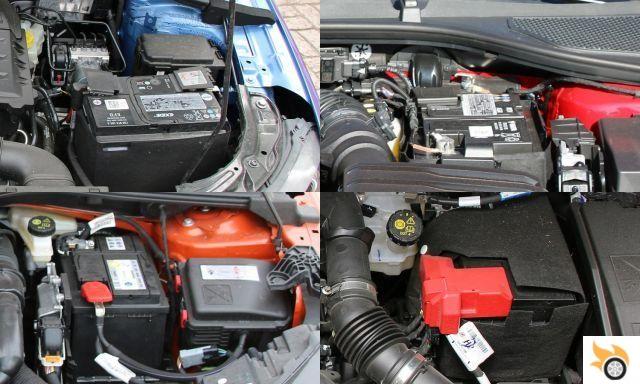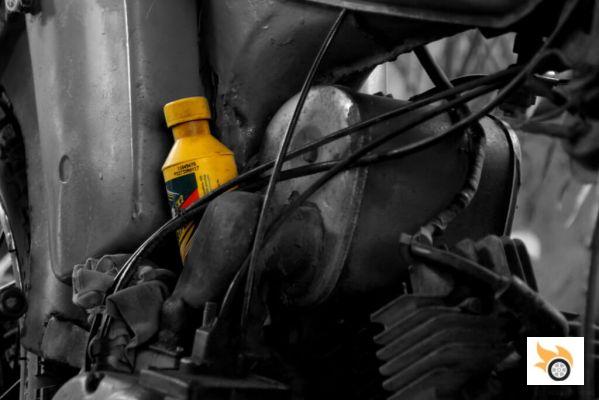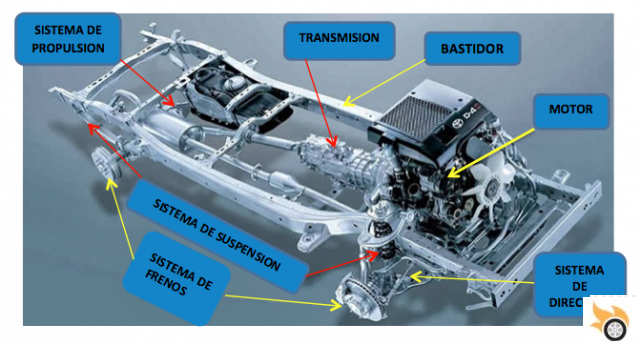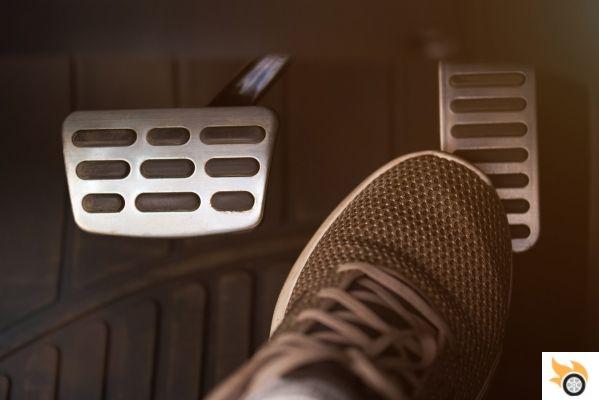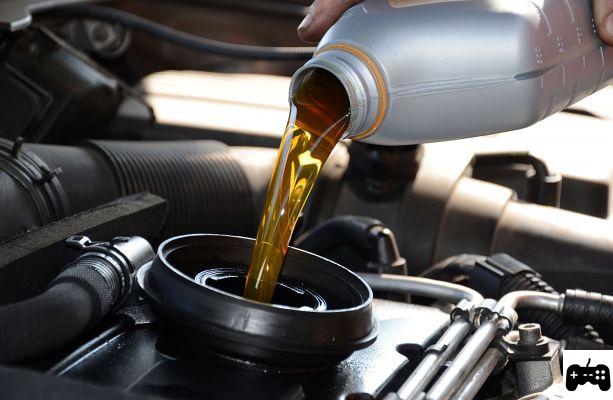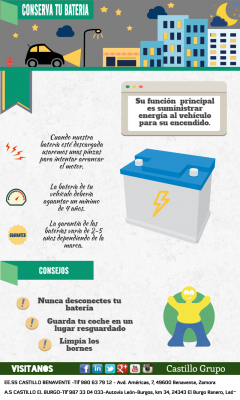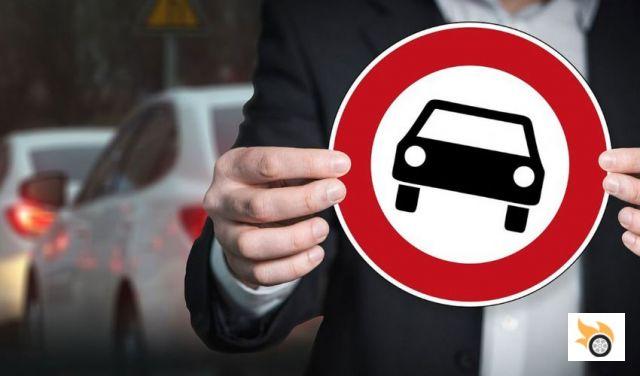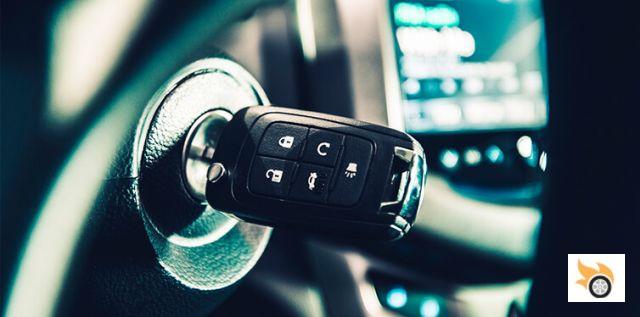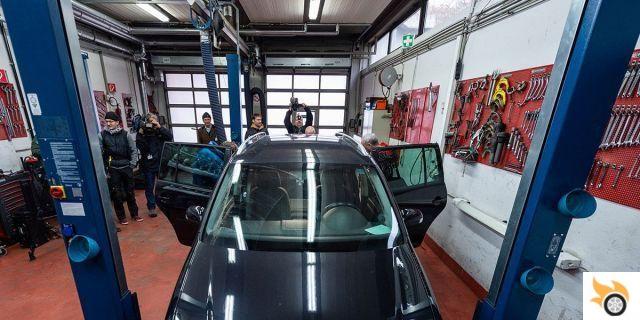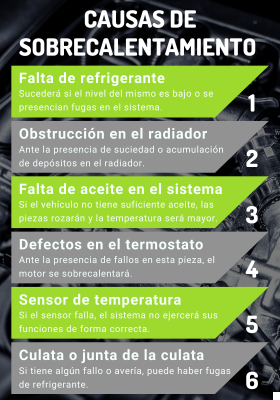
Introduction
Welcome to Pistonudos.com, where we care about providing you with useful and relevant information on everything related to vehicle engines. In this article, we will address the issue of engine overheating, its causes, consequences, and what to do if you find yourself in this situation. We know how important it is to keep your engine in good condition, so we will provide you with advice and diagnoses to avoid further damage. Read on for all the information you need!
Causes of engine overheating
Motor overheating can be caused by various factors. One of the most common is a lack of coolant, which is essential to maintain proper engine temperature. If the coolant level is low or dirty, the engine can quickly overheat. Another common cause is a faulty thermostat, which regulates the engine's temperature. If the thermostat is not working properly, it can cause overheating. Additionally, a broken or worn fan belt can prevent the engine from cooling properly, which can also lead to overheating.
Consequences of engine overheating
Engine overheating can have serious consequences if not addressed in time. One of the main consequences is the damage to the head gaskets. When the engine overheats, the head gaskets can warp or break, which can lead to coolant and oil leaks. Also, overheating can damage pistons and connecting rods, affecting engine performance and may require expensive repairs. In extreme cases, prolonged overheating can even cause the motor to burn out, requiring a complete replacement.
How do you know if the engine is overheated?
It is important to be able to identify the signs of an overheating engine so that you can act quickly. Some common symptoms include increased temperature on the dash gauge, white or gray exhaust smoke, burning odors coming from the engine, and unusual noises. If you notice any of these symptoms, your engine is likely overheating and you should take immediate action to prevent further damage.
What to do in case of engine overheating?
If you find yourself in the situation of an overheated engine, it is important to act quickly and safely. Here are some tips to help you:
- Stop the vehicle in a safe place and turn off the engine.
- Wait for the engine to cool down before opening the hood. Never try to open it if it's hot, as you could seriously burn yourself.
- Check the coolant level. If it's low, you can add more as long as the engine is cold. If you don't have coolant on hand, you can temporarily use distilled water.
- Visually check for broken or worn fan belts. If you encounter any problems, it is advisable to call a roadside assistance service or take the vehicle to a specialized workshop.
- Once you have performed these actions, you can try starting the engine again and see if the temperature remains stable. If the problem persists, it is advisable to seek professional help.
Frequent questions
1. How long can I drive with an overheated engine?
Driving with an overheated engine can be extremely dangerous and damaging to your vehicle. If you notice that the engine temperature is rising, it is advisable to stop immediately and follow the steps mentioned above. There is no specific time that you can drive with an overheated engine, as this will depend on the severity of the problem and the conditions you are in. The safest thing is not to risk it and seek professional help as soon as possible.
2. Can I repair the overheated motor by myself?
While there are some things you can do yourself, like checking your coolant level or checking your fan belts, it's important to note that engine overheating can be caused by more serious problems that require technical knowledge and specialized tools. . If you do not have experience in auto mechanics, it is advisable to seek the help of a professional to avoid further damage or personal injury.
Conclusion
In summary, an engine overheating can be caused by various reasons, such as a lack of coolant, a faulty thermostat or a broken fan belt. The consequences of an overheated engine can be serious, including damage to head gaskets, pistons and connecting rods, and even engine casting. It is important to know how to identify the symptoms of an overheated engine and act quickly to prevent further damage. Always remember to stop the vehicle in a safe place, wait for the engine to cool down before taking any action, and seek professional help if the problem persists. Keep your engine in good condition and enjoy a safe trip!
We hope this article has been useful to you and we invite you to leave us your comments and questions related to engine overheating. At Pistonudos.com we are here to help you and provide you with the information you need. Until next time!




